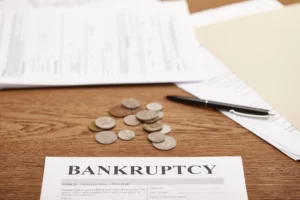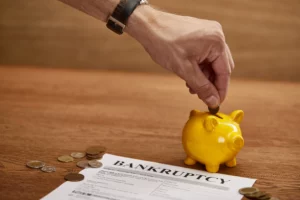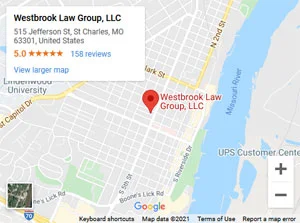A case decided by the United States Court of Appeals for the Seventh Circuit earlier this year protects consumers from incurring cell-phone charges as a result of automatic dialers employed by credit collection companies. In Soppet v. Enhanced Recovery Company, LLC, the court held that under the Telephone Consumer Protection Act, 47 U.S.C. §227, a person who is the current owner of a cell phone number that was previously owned by another may bring claims against the caller for using an automatic dialer.
The situation in Soppet involved a class action in which the plaintiffs claimed that Enhanced Recovery Company, LLC autodialed them and that as a result they incurred charges against their cell phone plans. As explained in the opinion, the conduct at issue is as follows:
“The situation is this: Customer incurs a debt and does not pay. Creditor hires Bill Collector to dun Customer for the money. Bill Collector puts a machine on the job and repeatedly calls Cell Number, at which Customer had agreed to receive phone calls by giving his number to Creditor. . . . But Customer no longer subscribes to Cell Number, which has been reassigned to Bystander. A human being who called Cell Number would realize that Customer was no longer the subscriber. But predictive dialers lack human intelligence and, like the buckets enchanted by the Sorcerer's Apprentice, continue until stopped by their true master. Meanwhile Bystander is out of pocket the cost of the airtime minutes and has had to listen to a lot of useless voicemail.”
The FCPA prohibits calling a party (outside of for emergency purposes) through the use of an automatic dialer, absent express consent. Because the collection company was using an auto-dialer, and the current owners of the phone numbers had not given their express consent, the court allowed the lawsuits to proceed.
Federal law governs the way that debt collectors may attempt to collect on debts, and violating the law can result in sanctions against the collection agency. In addition, bankruptcy makes all collection efforts stop, and an attempt to collect a debt after a consumer has filed for bankruptcy may result in a violation of the law. If you have gotten behind on your debts and are having difficulties making payments, bankruptcy may be an option you would like to consider. In order to determine whether bankruptcy is right for you, you should have your case reviewed by an experienced St. Louis bankruptcy attorney. The Westbrook Law Group practices exclusively in the area of bankruptcy law, and has helped hundreds of clients obtain a fresh start through bankruptcy. To schedule a free consultation with a St. Louis bankruptcy lawyer, call The Westbrook Law Group today at (636) 493-9231. If you would prefer, you can contact us online by filling out the contact form available to the right, and a member of our staff will be in touch with you soon.






